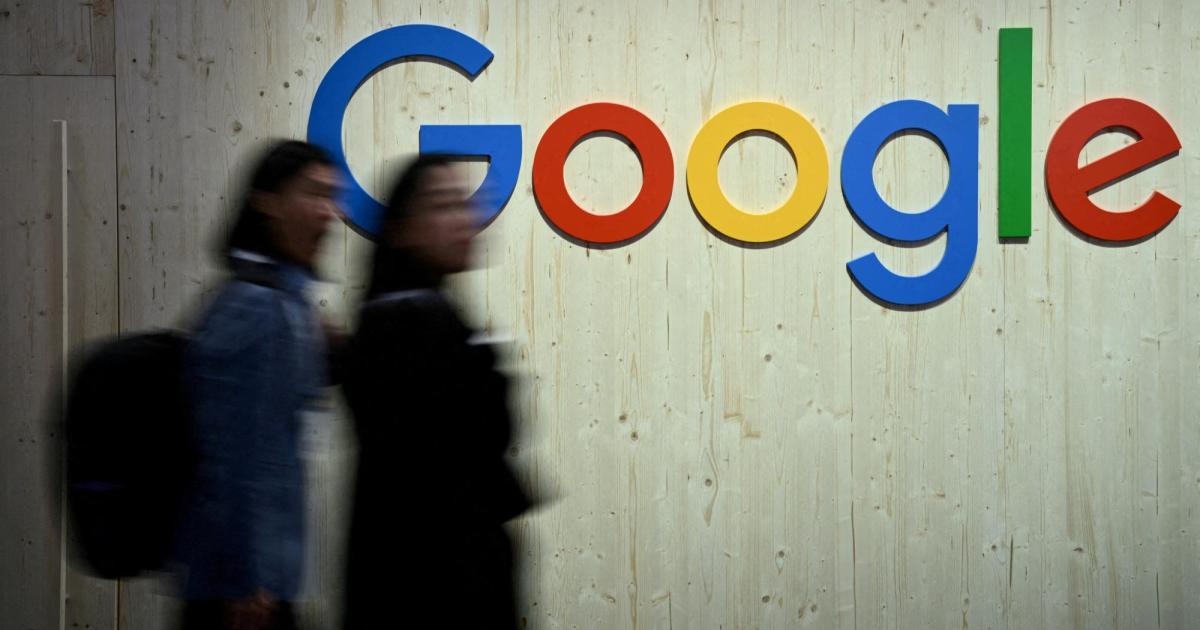Google is in a potentially existential crisis: The possible break-up of the Californian Internet group is not even the greatest danger. That comes from the AI developer OpenAI from which “SearchGPT” Google’s dominance in Internet searches could quickly come to an end. “Artificial intelligence (AI) is developing faster than the US Department of Justice can take action against Google,” says a former manager of the Alphabet subsidiary.
Google, an illegal monopoly?
The current monopoly on Internet search will be history before a Breaking up Google in years of litigation. Last week, the US company suffered a defeat in the “trial of the decade”. A court found that the Silicon Valley company had an illegal monopoly, which it billion-dollar payments to technology companies defend. In return, they install Google as the default search engine on their devices or in their Internet browsers, which allows Google to secure the lion’s share of global online advertising spending. The fate of the search engine operator is now to be negotiated in further proceedings, with breaking up the company also being considered an option.
AI-powered search engines
However, the days of such exclusive agreements already seem to be numbered. For example, the US iPhone provider Apple, which has previously received tens of billions of euros annually from Google, is partly relying on ChatGPT by OpenAI and has signaled a possible additional integration of Google’s AI “Gemini”. According to analysts, the antitrust proceedings against Google could accelerate Apple’s move to alternative AI-based search engines. One of these could be “SearchGPT”, with which OpenAI is attacking the previous industry leader. This AI reportedly provides summaries of the search results and associated links. Users could then ask follow-up questions. In addition, some start-ups now also offer AI internet searches.
Google is also working on an improved search based on “Gemini”, but so far with moderate success. “The biggest threat to Google could be Google itself,” warns Rebecca Wettemann, head of the research house Valoir. The company, which is estimated to have handled around 90 percent of all Internet searches, has lost a lot of trust with technical blunders. “Google’s engineers have focused more on quick releases than on proper implementation while trying to keep up with the pace of OpenAI and others.”
Some time ago, Google introduced “Overviews,” in which an answer generated by AI was displayed above the classic search results. After harsh criticism due to factual errors in these texts, “Overviews” was scaled back. The “Gemini” predecessor “Bard” had already made headlines with various blunders.
Analyst Gil Luria of research firm DA Davidson sees a connection between the threat posed by AI and the authorities’ tougher approach. “One reason for the current action by the US Department of Justice is the movement that has come into the market. It wants to ensure that Google Market dominance not expand further.”
Procedure has little impact on Google
The process has had little impact on Google so far, but it could open a door for competitors, says Richard Socher, who runs his own AI-based search engine, You.com. However, it is too early to write off the company, which has become a synonym for searching on the Internet as the verb “google”. So far, no one has been able to steal a larger market share from the company. It remains to be seen whether that will change soon.
